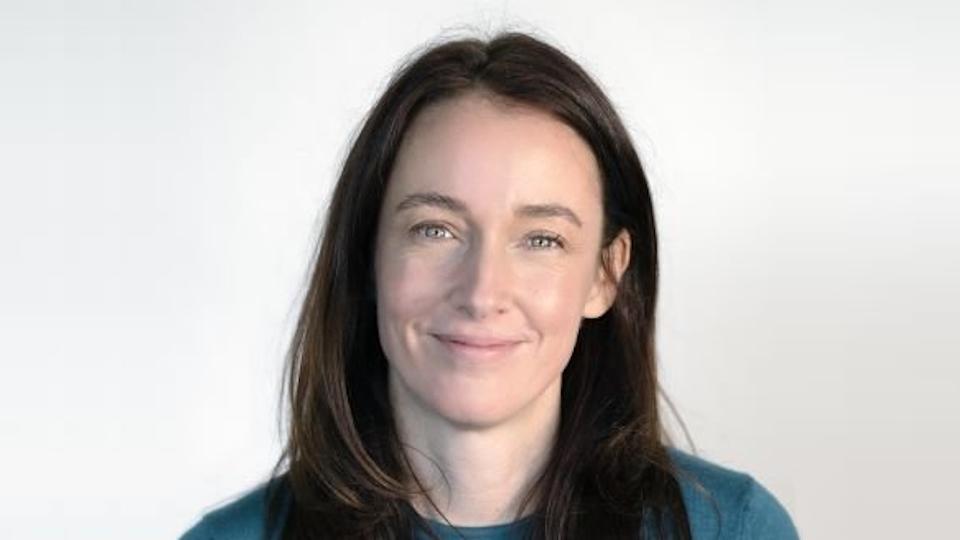Obesity drug developer BioAge raises $198m in IPO

Kristen Fortney, CEO and co-founder of BioAge Labs
BioAge Labs has completed its upsized initial public offering (IPO), raising $198 million after increasing the number of shares on offer by 40%.
The expansion of the listing reflects the massive investor appetite for companies with assets in the clinic for obesity and takes the on-paper value of the Richmond, California-based company above $600 million. BioAge sold 11 million shares at a price of $18 apiece, well above its earlier estimate of 7.5 million.
The IPO, which should see BioAge start trading on the Nasdaq today under the BIOA symbol, follows a $170 million Series D financing that completed in February and was earmarked for its phase 2 trials programme.
The company is focusing on the development of oral apelin receptor (APJ) agonist azelaprag, currently in a phase 2 trial in combination with Eli Lilly's FDA-approved obesity therapy Zepbound (tirzepatide), with results due in the third quarter of 2025.
The biotech believes that azelaprag can amplify the weight loss achieved with tirzepatide and other obesity drugs – including Novo Nordisk's Wegovy (semaglutide) – and also improve the body composition of treated patients by preserving muscle function.
BioAge was founded in 2015 with a focus on diseases related to ageing, and was initially developing azelaprag for muscle atrophy in the over-65s before pivoting to an obesity programme a year ago. In a phase 1b study, the drug was shown to achieve a significant increase in muscle mass and quality compared to placebo over 10 days of bed rest.
Azelaprag was formerly owned by Amgen, which was looking at it as a potential therapy for heart failure, but discontinued the programme after disappointing trial results. BioAge licensed exclusive worldwide rights to it in 2021.
BioAge says its long-term plan is to develop an all-oral combination therapy for obesity. The biotech is also planning a monotherapy trial of the drug and hopes to take a second drug candidate – a brain-penetrant NLRP3 inhibitor for neuroinflammatory diseases – into the clinic next year.
The phase 2 STRIDES trial of azelaprag with tirzepatide started in July and has a patient recruitment target of 220, with results expected towards the end of next year. It is enrolling obese patients aged 55 and over who will receive azelaprag either once or twice daily, along with a weekly tirzepatide injection, and will look at 24 weeks of treatment with follow-up extending out to 48 weeks.
Another trial looking at the drug in combination with Wegovy is also in the pipeline, according to the IPO prospectus.












